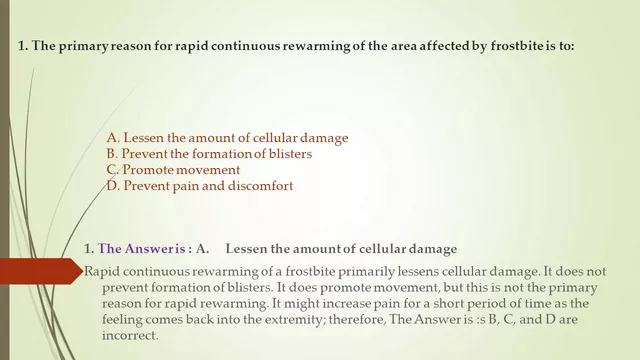Zinc Bisglycinate: What It Is and Why It Matters
If you’ve been looking at zinc supplements, you’ve probably seen the term “zinc bisglycinate” pop up. It’s a chelated form of zinc, meaning the mineral is bound to two glycine molecules. This binding helps your gut absorb the zinc more efficiently than plain zinc oxide or sulfate. Better absorption means you get more of the benefits without having to take a huge pill.
Why Choose Zinc Bisglycinate?
First off, most people take zinc for its role in immune health. Zinc helps white blood cells fight off germs, and it’s vital for wound healing too. Because zinc bisglycinate is easier on the stomach, you’re less likely to feel the metallic aftertaste or nausea that can come with other forms. That makes it a good option for daily use.
Another plus is that chelated zinc tends to stay stable in the digestive tract. This stability translates to higher blood levels of zinc after you take the supplement. Studies show that chelated minerals, including zinc bisglycinate, raise serum zinc more reliably than non‑chelated versions. So if you’re aiming for a measurable boost, this form is worth a try.
How to Take Zinc Bisglycinate Safely
When you start, a common dose is 15–30 mg per day, taken with food to avoid stomach upset. Most people don’t need more than 40 mg a day unless a doctor advises otherwise. If you’re already on a multivitamin, check the zinc content so you don’t exceed the safe upper limit.
Timing matters too. Zinc can interfere with the absorption of copper and iron, so it’s best to separate zinc supplements from these minerals by a few hours. Pairing zinc bisglycinate with a vitamin C source can actually help uptake, so a glass of orange juice or a citrus snack is a simple trick.
Remember, quality counts. Look for a product that lists “zinc bisglycinate” clearly on the label, and avoid blends that use vague terms like “zinc complex.” A third‑party tested brand gives you extra confidence that the amount on the bottle matches what you actually get.
People often wonder if zinc bisglycinate can help with skin issues like acne. While zinc does have anti‑inflammatory properties, results vary from person to person. If you decide to try it for skin, give it at least a month before judging its effect.
Lastly, keep an eye on side effects. High doses of zinc can cause nausea, headaches, or a drop in good cholesterol. If any of these pop up, cut back or stop the supplement and talk to a healthcare professional.
Bottom line: zinc bisglycinate is a well‑absorbed, gentle zinc source that supports immunity, skin health, and overall metabolism. Use the right dose, separate it from other minerals, and choose a reputable brand, and you’ll likely see the benefits without the hassle.

Chelated Minerals Deficiency: Signs, Testing, and Fixes (2025 Guide)
- Date: 2 Sep 2025
- Categories:
- Author: David Griffiths
Think you’re low on chelated minerals? Spot the signs, know what to test, and fix gaps with food and smart supplements. Australia-focused, evidence-based tips.



